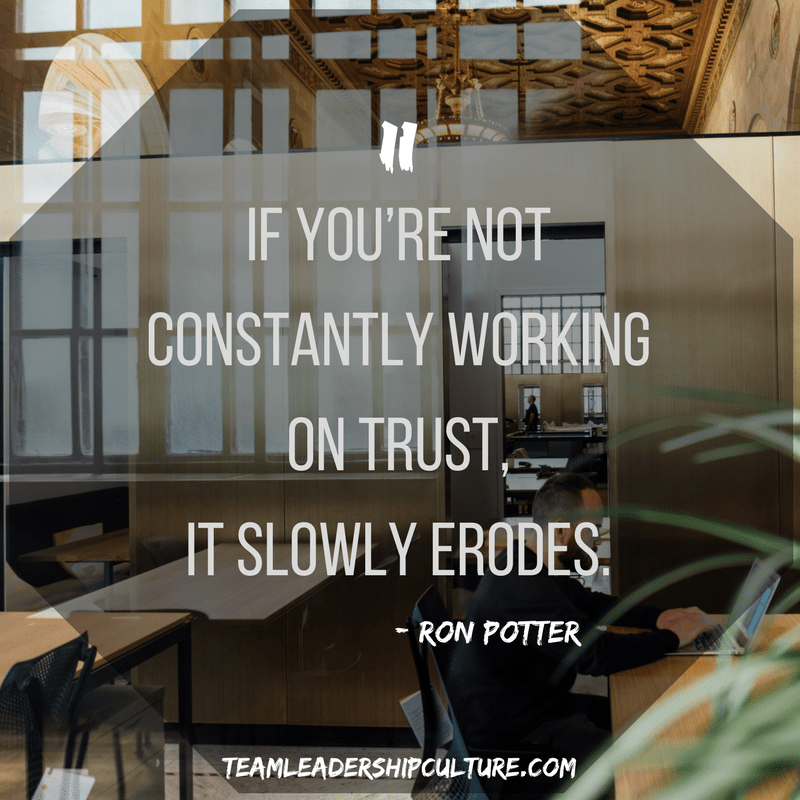 “Whenever I have the arrogance or audacity to believe that I can reform people, I get nowhere. But when I fundamentally recognize that I cannot possibly accomplish those reforms, I can move ahead with a more humble posture and, paradoxically, perhaps then there is a chance that the situation can change. The absurd lesson is to recognize that it is a lost cause and work on it anyway.”
“Whenever I have the arrogance or audacity to believe that I can reform people, I get nowhere. But when I fundamentally recognize that I cannot possibly accomplish those reforms, I can move ahead with a more humble posture and, paradoxically, perhaps then there is a chance that the situation can change. The absurd lesson is to recognize that it is a lost cause and work on it anyway.”
“They make me so mad.”
“I can’t do anything because of them.”
“They’re the reason I haven’t been able to get that promotion.”
Heard these? Spoken these? It’s absurd to think you can change someone. The only person you even have a chance of changing (and sometimes that’s a slim chance) is yourself.
It’s absurd to think that just because you change, the other person will change also. Change anyway! Become a better person. Develop into a better leader, follower, team member. As Farson says, it’s the only game in town. We spend so much energy on wanting, expecting, trying to change other people. “I’ll forgive them when they apologize to me.” Forgiveness is not conditional. Forgiveness is something you do for yourself.
Let me close this series on that most delightful small book, “Absurd” with our authors own words:
“If absurdity is ubiquitous, if the most important goals are lost causes, why do we keep playing this absurd game? We play it because it is the only game in town. Of course it is absurd. Of course it is only a game. But it is a game well worth playing – and worth playing well.”
And finally, maybe the best quote in the book “My Advice is Don’t Take My Advice.”
I wouldn’t do any good anyway. My advice won’t change your thinking. Only your own advice will change how you view the world. Advise wisely.
I’m continuing my series on an in-depth look at a wonderful little book that’s twenty years old this year. The title is Management of the Absurd by Richard Farson. You may want to consider dropping back and reading the previous blog posts about ABSURD! I think it will put each new one in great context.



































